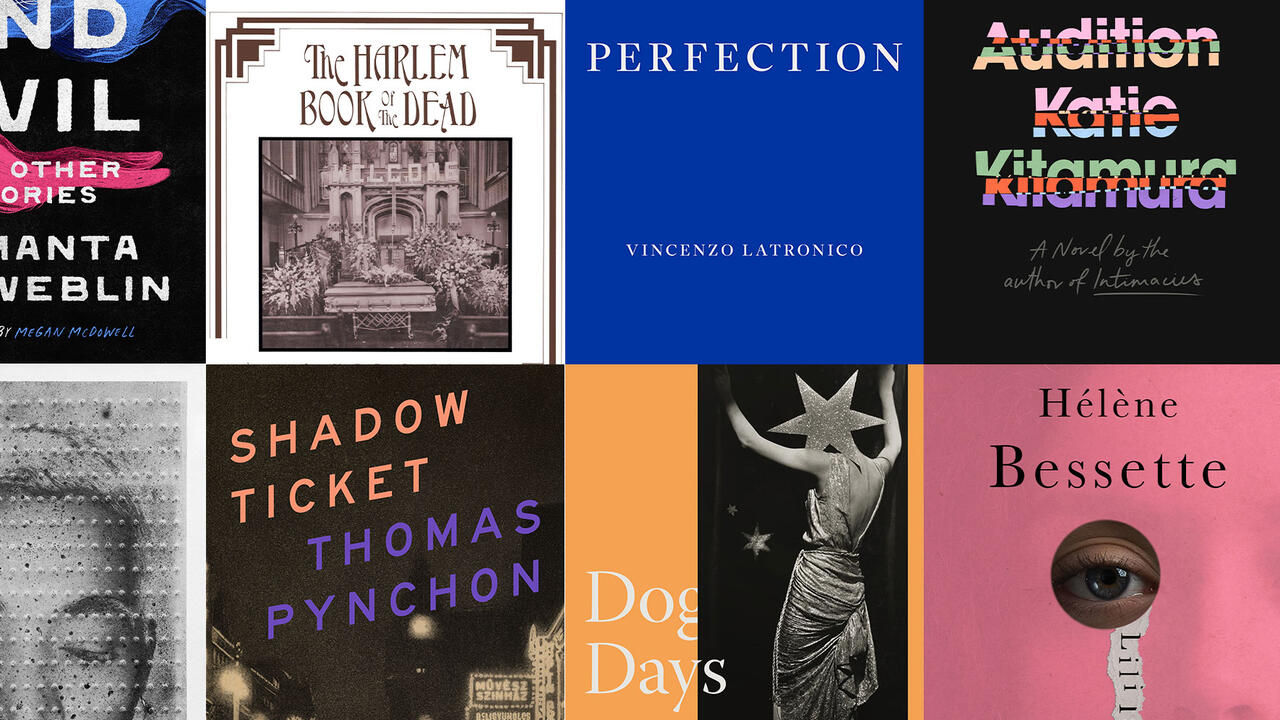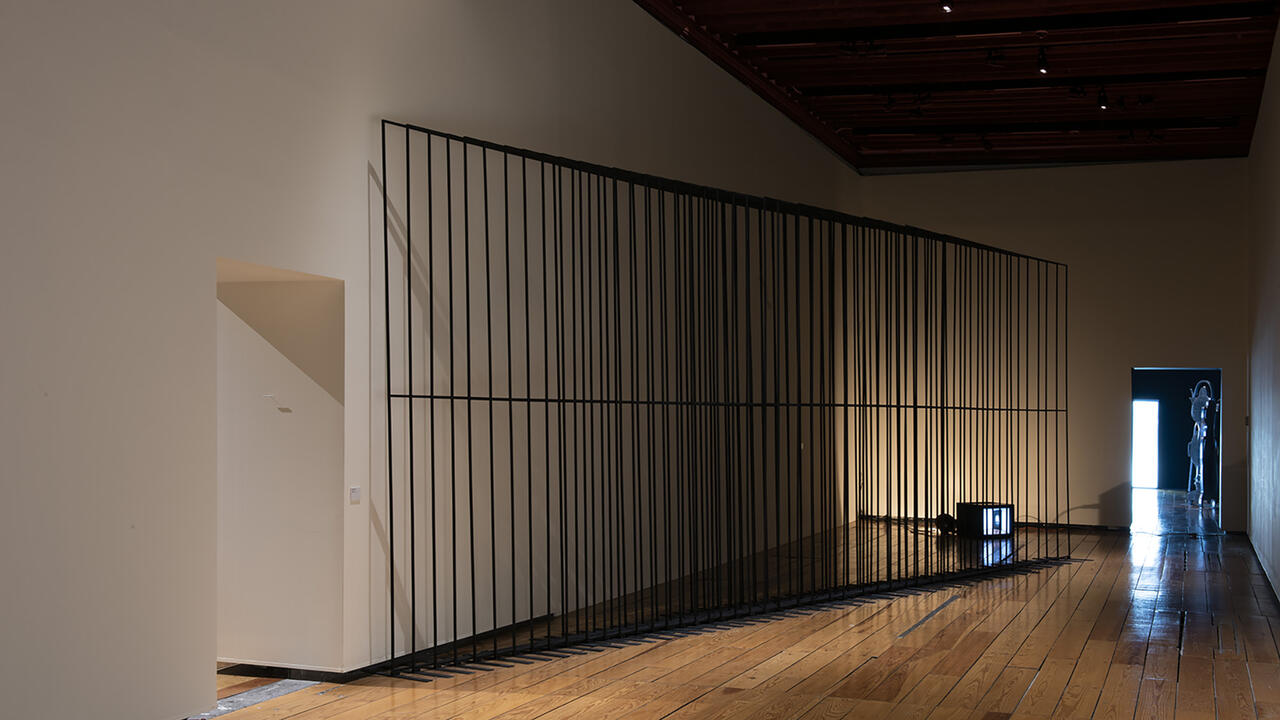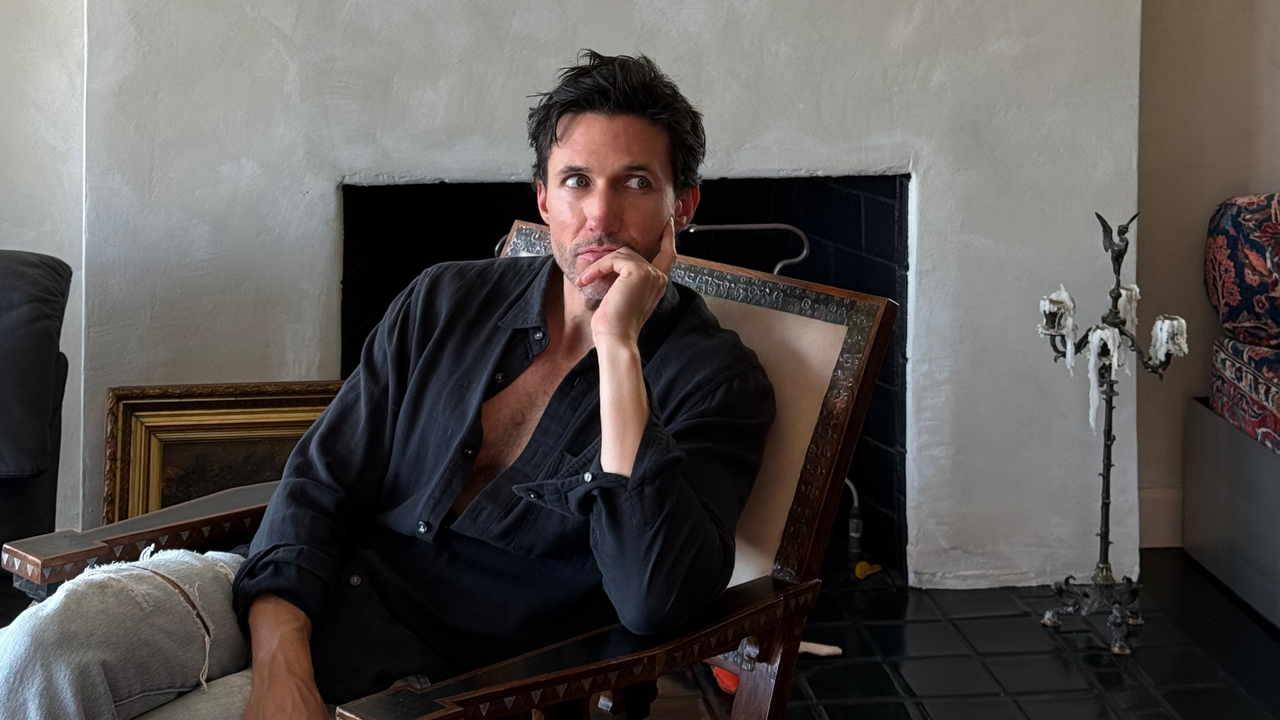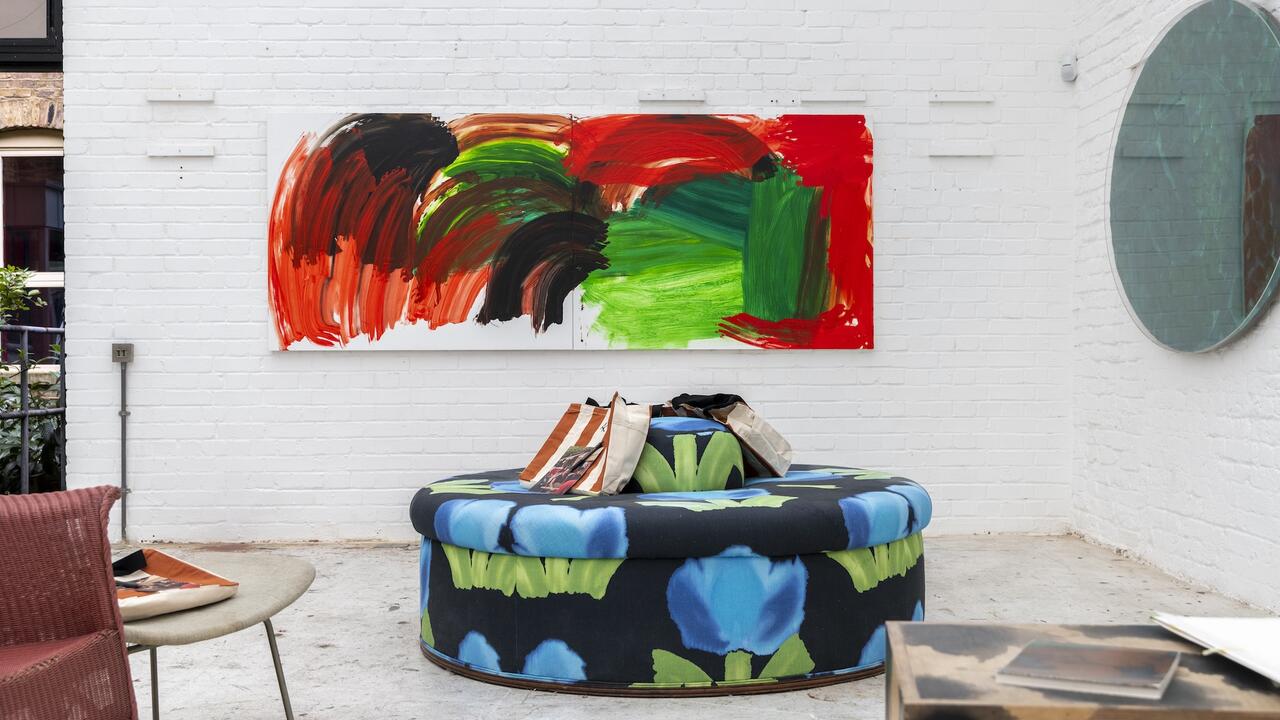The Grimee
How dishing the dirt cost a round the way girl her job
How dishing the dirt cost a round the way girl her job
'You know people think this is the easiest job in the world.
And P.S., it is!'
? Wendy Williams, former Hot 97 DJ
On 30 October, 1938 during a show called 'Mercury Theater on The Air', Orson Welles' version of H.G. Wells' The War of the Worlds awakened America to the eerie power of radio. Despite the programme's obvious status as entertainment and frequent rebuttals both in the form of commercial sponsorship and producers' statements, the story was mistaken for reality, sending a shiver down the collective spine of America. Nearly half a century later, KOA-AM radio talkshow host Alan Berg was assassinated in the driveway of his Denver apartment. A disgruntled listener had had enough of Berg's insults on the airwaves and for the betterment of America decided to silence the voice that had snuck its way into his head and home.
By 1993 nearly 10% of US radio stations had adopted the talk-radio format: voices hurtling towards transistors at 300,000 km/sec assume a beguiling tone of authority that has left the American body politic perplexed. When cultural commentators need an example of the dumbing down of contemporary culture or the conservative mire of American politics, it is talk radio - in particular Howard Stern, Rush Limbaugh and Don Imus - that they point to.
Despite its inferiority complex with regard to the more popular medium of television, the radio has remained consistently powerful for a century, though usually lurking in the background while life goes on. And despite its conservative reputation, some interesting programming has come out of the culture of urban (read black) music. On Fear of a Black Planet, Public Enemy accused urban radio stations of refusing to play hip hop due to its aggressive nature, but in reality, it was the kind of sonic dissonance typified by Public Enemy and gangsta rap that led black radio to Sugar Hill's pop-funk rap and GrandMaster Flash's politic lite. Macho hip hop finally became a big seller, closing the chapter on funk's dalliance with hippie sensibility. But when you get what you ask for, it's like a razor blade in Halloween candy: hip hop's road to mass acceptance was paved with compromise. The revolution, once again, has bowed to the almighty power of commerce, and by the late 90s hip hop is just getting jiggy with it.
Within the US, New York is regarded as a radio wasteland. Still the largest radio market in the States, it has had to play a numbers game and appeal to the masses - which tends to be anathema to innovative programming. It took a ridiculously long time, for instance, for one of the city's stations to adopt an all-hip hop radio format, but WQHT-FM, better known as Hot 97, took the plunge in the early 90s and became well-known enough to have been to be immortalised in Puff Daddy's number one smash, All About the Benjamins: 'Ain't nobody's hero but I want to be heard / On your Hot 97 every day that's my word.' The station's infamy recently increased, thanks to its afternoon drive time show. Generally a kooky slot on a mass appeal radio station, it attracts audiences smaller than on morning drive time but not small enough to cater for fringe interests, as night-time DJs can. It's the time when kids get off school, though, and these pliable minds can push the slot to high ratings and offer a demographic wet dream - this was the hour, for example, that Howard Stern first got his big push in New York.
When Hot 97 was the number one station in New York, it offered the afternoon slot to Wendy Williams. Williams is a type familiar to black - whoops, urban - audiences, but not often seen in the mass media: the round the way girl. Talking trash on a stoop with a 40 in a jewel-encrusted hand, the round the way girl is known for one thing: the grimmee - hot, sticky and completely unfounded rumours. The DJ turned the bravado of hip hop on its ear by speaking the one taboo the style can't handle: homo dis and dat. Wendy started her rampage by reading on the air an autobiography of questionable authenticity: 'Confessions of a Gay Rapper'. Suddenly the world of hip hop was flooded with one question: Who is the gay rapper? Wendy wouldn't say on the air, dropping coy hints now and then ('Girl, I can't say that on the air but stay on the line and I'll give it all to you on the DL.') When the world of commercial radio was found to have its limits, the internet seemed to provide just the plateau to truly go flagrant, but no; the DJ's website (www.gowendy.com) was suspended for posting what was obviously a composite photograph of Puff Daddy in a compromising (read bottom) position.
Wendy continued to dish recycled heresy both on the air and on-line. Even after removing the picture from her site, she continued to back Puff, and by association, his partner Mase into a corner/closet, and lo and behold: thanks to the power of multi-platinum, Williams is currently exiled to the dreariness of weekend morning drive time in Philadelphia. For most, this would be a sign of has-been status, but the story has opened a hip hop Pandora's box out of which are springing people like perhaps-lesbian rapper Queen Pen. The final frontier of hip hop macho seems to have gone to the same place that all cartoonish characterisations of gender end up: gay and lesbian bars. While the drag king phenomenon breezed through hipper than thou locales like a gale, hip hop impersonations have been a constant source of entertainment in black lesbian bars for a few years now. The tale of Wendy has taught us one thing: do not bite the hand that feeds you, because you never know where that fist has been.














